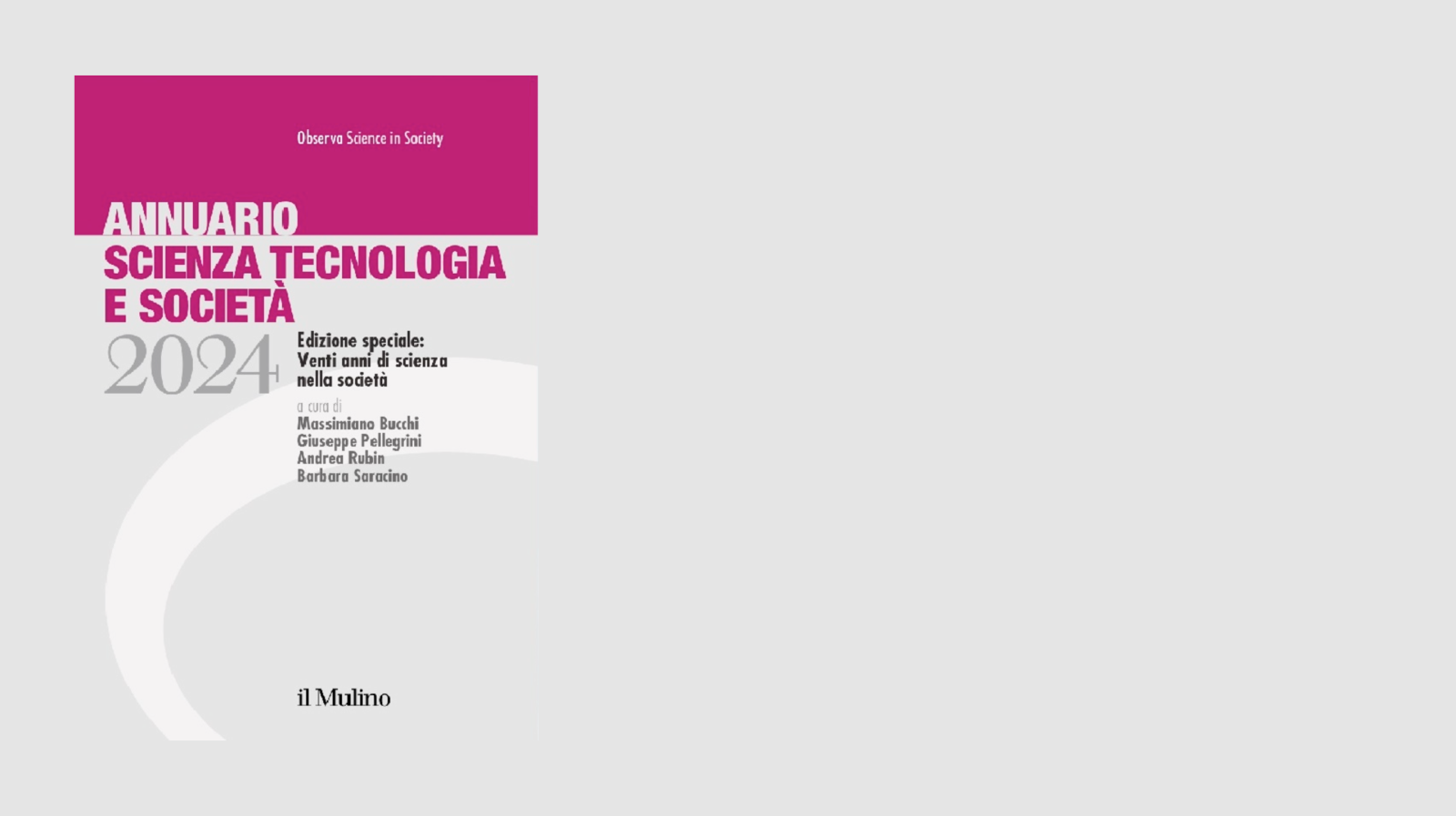Il Large Hadron Collider del CERN di Ginevra è ripartito il 28 febbraio. Inaugurato il 10 settembre 2008, il più potente acceleratore del mondo si era dovuto fermare pochi giorni dopo per un grave incidente. Come spiega nell'editoriale di Scienzainrete il direttore Lucio Rossi, l'LHC potrà tornare ad andare a piena potenza fra un paio d'anni: prima bisognerà ridare stabilità al sistema riparando tutte le connessioni lesionate. Per ora quindi l'acceleratore gira a regime ridotto. Una volta finiti i lavori di stabilizzazione, l'LHC farà scontrare due fasci opposti di particelle a 1,18 trilioni di elettronvolt (TEV), il 205 in più di quanto registrato al Fermilab di Chicago. Solo dopo ulteriori perfezionamenti si passera a 3,5 TEV (per due anni) e solo allora lo si spingerà a 7 TEV. Ma con cautela.
L'editoriale di Lucio Rossi.

